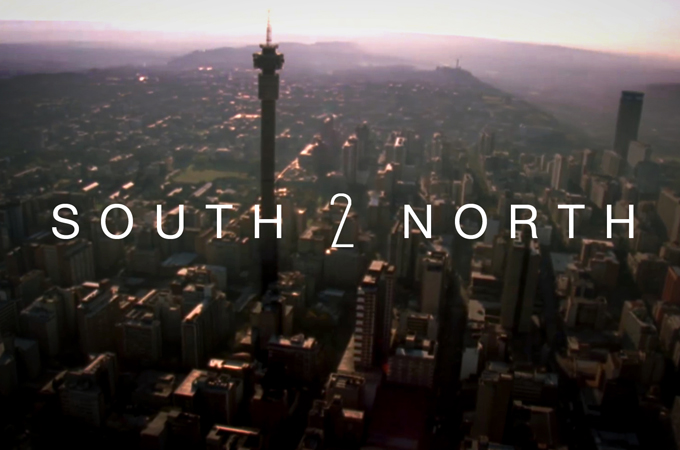
Foreign aid: A blessing or a curse?
South2North explores the different facets of foreign aid, and analyses if it could become a practice of the past.
| No subject is off limits in the first ever global talk show hosted from Africa in which Redi Tlhabi talks frankly to inspiring and intriguing personalities from across the world. |
Most people would agree that donating money to a good cause is a positive thing. But, looking deeper into aid and development, a more complex picture emerges.
In some cases, foreign aid has been more damaging than helpful – undermining local economies, prolonging wars and triggering corruption.
Africa is more dependent on aid than any other continent and its citizens have had little choice about whether to accept it or not. Is it possible that we could see Africa taking charge of its own future instead of being the passive recipient of aid?
This week, leaders from five of the world’s leading emerging economies, also known as the BRICS group, met in South Africa to discuss how south-to-south partnerships can free developing countries from the shackles of aid and western economic dominance.
First guest Dr Stuenkel has taught global governance at leading research institutions including the Jawaharlal Nehru University in India. He explains the origins of the BRICS grouping and its relevance in modern economics and politics.
Is BRICS a reaction to the western-dominated IMF? And is it a viable model for development that would aid the region?
“There’s no way around the emerging powers today …. If you look into the future there will no solution to any problem without China, India and the other emerging powers …. I think the presence of emerging powers in Africa has made an enormous difference, and in a way the West has rediscovered Africa in response to China’s, India’s, Brazil’s growing presence in Africa. So in a sense I think the bank will also allow emerging powers to develop new ideas and practices that are difficult to implement in the existing institutions.”
Second guest Moeletsi Mbeki is a vocal critic of South Africa and other African governments and the author of Advocates for change: How to overcome Africa’s challenges. His brother Thabo Mbeki was the second president of South Africa after Nelson Mandela.
Mbeki explains that China has access to high levels of skills in Africa in industries such as mining and that problems arise when these relationships are not regulated.
“I think there is a great deal of exaggeration about China’s relations with African countries. I must say the regulations of the African countries are really the problem, rather than China as such,” he says.
Third guest Joanna Kerr heads up ActionAid International, one of the world’s most influential NGOs. The organisation is present in over 45 countries and employs thousands of people worldwide.
Redi asks her if aid is addictive to underdeveloped countries.
“Aid is going to exist for the current moment … Not all aid is the same, there are very different forms of aid … we refer to real aid, aid that actually tackles poverty, that which promotes human rights,” explains Kerr.
The three guests discuss how if aid is still necessary if partnerships like BRICS continue to strengthen and grow.
On this episode of South2North, Redi explores the different facets of giving and finds out why international aid as we see it today could become a practice of the past.
South2North can be seen each week at the following times GMT: Friday: 1930; Saturday: 1430; Sunday: 0430; Monday: 0830. |
